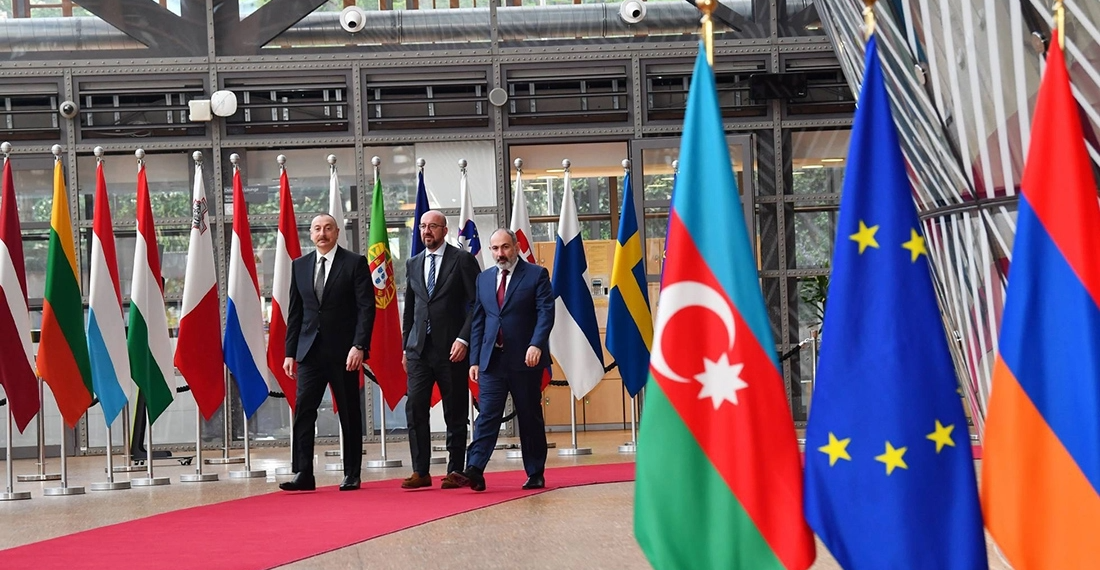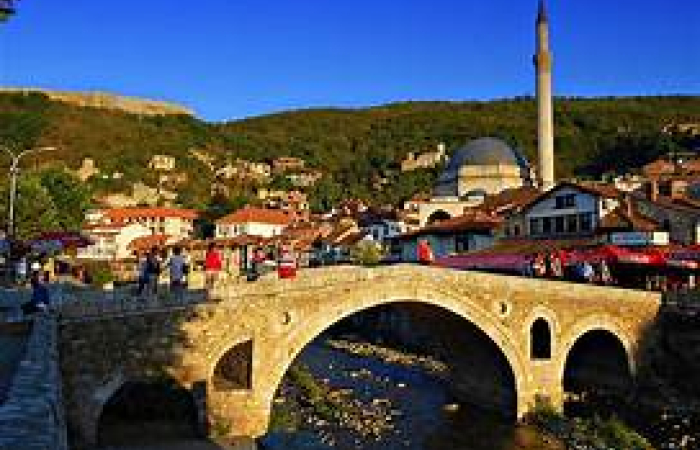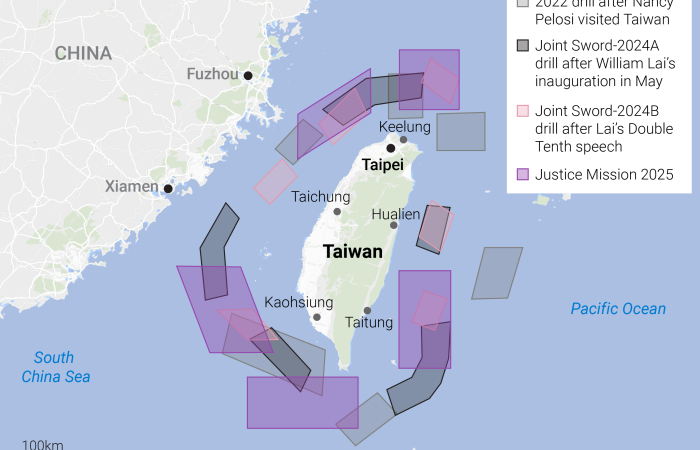This editorial first appeared in the 18 May 2023 issue of our newsletter, Caucasus Concise. To sign up for Caucasus Concise, or any other of our newsletters, please click here.
The European Union continues to play an instrumental part in helping Armenia and Azerbaijan to narrow the differences between them and move closer to signing a peace agreement normalising relations, writes commonspace.eu in this editorial.
On Sunday (14 May), European Council president Charles Michel, hosted Azerbaijani president Ilham Aliyev and Armenian Prime Minister Nikol Pashinyan in Brussels for several hours of talks which Michel described as being “frank, open and result-oriented” and “focused on progress on the path towards Armenia-Azerbaijan normalization.” Michel said that “the leaders shared a common willingness for a South Caucasus at peace. I commend their respective efforts. Together, we reviewed all issues on our agenda.”
Maintaining the momentum towards signing a peace agreement
The president of the European Council said that following the recent positive talks held in the United States on a peace treaty, the momentum should be maintained to take decisive steps towards the signing of a comprehensive peace agreement between Armenia and Azerbaijan.
Michel then gave some details of the topics under discussion during the meeting which ranged from border issues to connectivity and humanitarian issues.
“On border issues, we reviewed progress and the next steps regarding the delimitation of the border. In this context, the leaders agreed on the resumption of the bilateral meetings on border issues. The leaders confirmed their unequivocal commitment to the 1991 Almaty Declaration and the respective territorial integrity of Armenia (29,800 km2) and Azerbaijan (86,600 km2). The ultimate delimitation of the border will be agreed through negotiations.
On connectivity, the sides made clear progress in their discussions aimed at unblocking transport and economic links in the region. Positions on this topic have now come very close to each other in particular on the reopening of the railway connections to and via Nakhchivan. Their respective teams have been tasked to finalize an in principle agreement on the modalities for the opening of the railway connections and the necessary construction works together with a concrete timetable. They also agreed to draw upon the support of the World Customs Organization in supporting this work.
On humanitarian issues, there has been an understanding that further detainees would be released in the coming weeks. I also stressed the need to safeguard the mutual understanding that soldiers who have simply got lost and crossed to the other side would continue to be released through a speedy procedure. We also discussed the importance of stepping up work on addressing the fate of missing persons and on demining.”
The issue of the future of the Armenian community of Nagorno-Karabakh remains one of the most difficult facing the negotiations. President Charles Michel said:
“We continued our exchanges on the issue of the rights and security of Armenians living in the former Nagorno Karabakh Autonomous Oblast. I encouraged Azerbaijan to engage in developing a positive agenda with the aim of guaranteeing the rights and security of this population, in close cooperation with the international community. I also raised the need for a transparent and constructive dialogue between Baku and this population.”
And finally a word of advice from the European Council president:
“I believe that it is important to refrain from hostile rhetoric, engage in good faith and show leadership to reach mutually-acceptable solutions.
The EU has no hidden agenda. Our sole aim is to help Armenia and Azerbaijan reach a comprehensive and fair peace. We are ready to contribute to their joint efforts. We have agreed to hold the Brussels meetings as often as necessary. Leaders will meet again in Brussels in July. And as was already announced publicly, we will also meet again in the very near future together with President Macron of France and Chancellor Scholz of Germany on the margins of the 2nd European Political Community Summit in Chișinău. I also intend to invite the leaders for another such meeting on the margins of the third EPC summit in Granada in October.”
Light at the end of the tunnel
commonspace.eu political editor commenting on the results of the 14 May Brussels meeting said that clearly the negotiations have reached a decisive stage. This is now not a discussion on abstract principles but on tangible and practical issues that will have an impact on the lives of Armenians and Azerbaijanis across the region.
The commitment to hold more Brussels meetings as necessary also indicates that the leaders feel a sense of urgency to finish the difficult journey that they have embarked upon. Even cynical old-timers who have accompanied the process for many years and who had become used to false hopes, are now saying that there appears to be light at the end of the tunnel.






